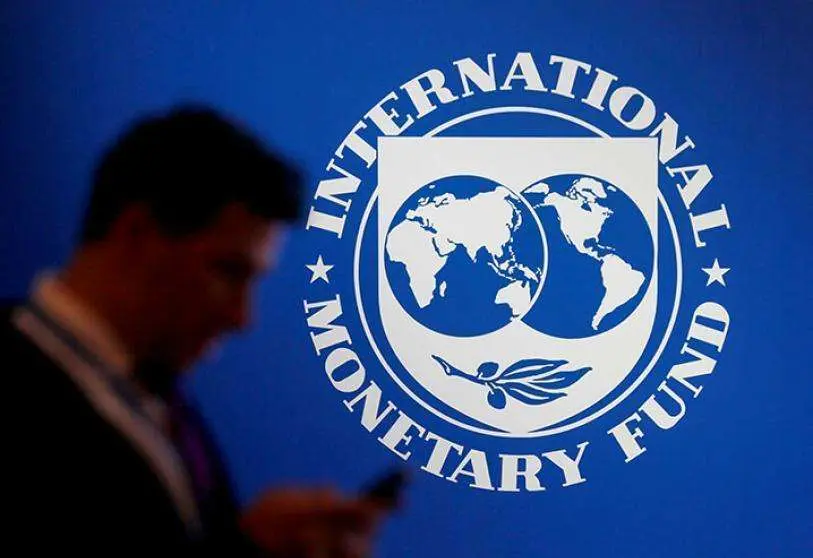Collect, collect, collect

The spring meeting between the IMF and the World Bank, which is taking place these days, is an account of the issues that occupy and concern international organisations in the midst of an unprecedented pandemic.
The issue is to alleviate the enormous pressure on the public accounts of all the countries that have had to make unforeseen expenditures to cover the health and socio-economic impact of the emergency unleashed by the coronavirus.
The key, says the IMF, is to raise more tax revenue. Historically, certain temporary special taxes or levies have been used to provide money for public finances, as happened at the time of the unification of the two Germanys, in Australia in 2011 and in Japan in 2013.
With the pandemic looming and vaccination in dribs and drabs, the economy must be bailed out at all costs, and the IMF is equally clear: the rich must contribute more through a temporary tax.
Jobs must be created, confidence must be restored, poverty must be prevented from exploding, the shift to a green economy must be encouraged and the Sustainable Development Goals must be met within the framework of the 2030 Agenda.
According to the organisation's position, industrialised countries could temporarily levy a tax on companies and individuals with the highest incomes in order to use this extra income to create jobs and meet social needs.
Above all, it would go to those companies that have benefited greatly from the pandemic despite the economic downturn experienced in almost all countries except China.
This would include pharmaceutical companies and any others that have prospered during the crisis, explained Paulo Mauro, deputy director of the IMF's Fiscal Affairs Department.
From his point of view, in emerging and low-income economies, the priority will be to improve tax administration and obtain more resources via consumption taxes; in contrast, in advanced economies, there is an erosion of corporate tax revenues and income tax collection in the higher income brackets.
Basically, the IMF recommends introducing a top-up, either in corporate tax, wealth tax, inheritance tax or even income tax, for the highest brackets.
"A contribution to the recovery of COVID-19 could take the form of a supplement in income tax or corporate tax, given that some companies have done very well in terms of their market valuation and there would be an opportunity there," according to Mauro.
There are countries that don't even have the money to meet the unexpected expense of buying millions of anti-COVID vaccines, the World Bank reports that every week they receive on average ten requests for vaccine funding from governments that don't have enough resources; there is at least $4 trillion available for 50 countries.
Who will end up paying for all this immediate borrowing, and how? No one knows the answer, at a time when public accounts are in a mess, with rising deficits, falling revenues, public spending under pressure and a macro-economy also affected by the disruption of production chains due to confinements and quarantines.
IMF and World Bank experts argue that "the highest incomes" should bear the burden, albeit temporarily, but argue that it is a question of "solidarity".
The immediate advice of the international organisations is to implement a rapid fiscal reform that will bring some relief to public finances; for the average citizen - squeezed by the whole pandemic debacle - subjecting them to a fiscal drain would be death; it remains to be seen whether the wealthiest will really be touched, given the premise of collecting, collecting, collecting...

